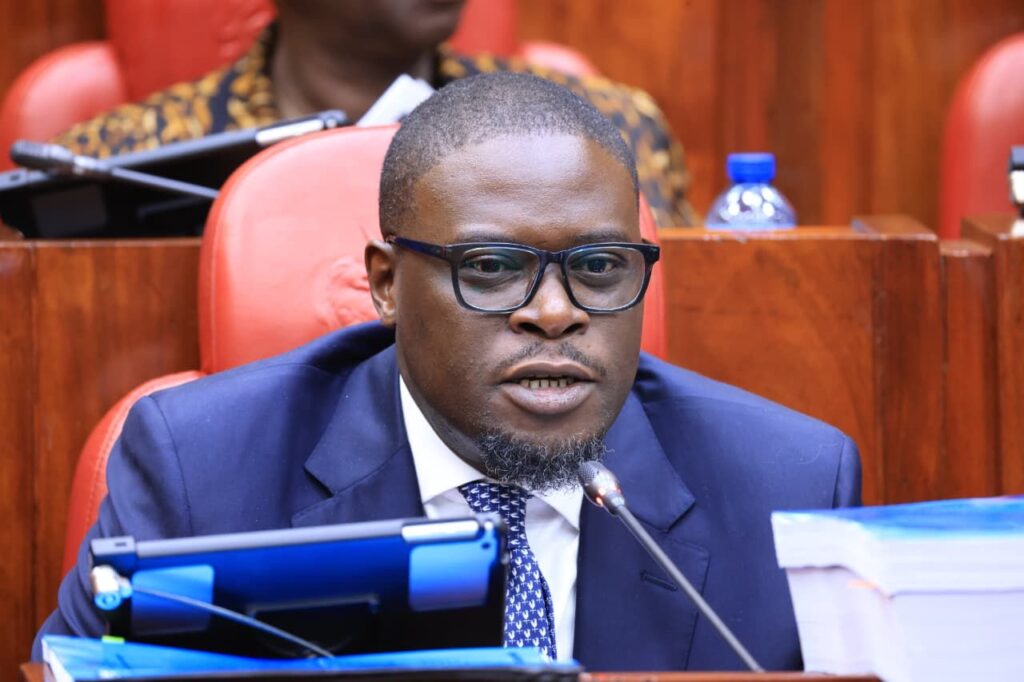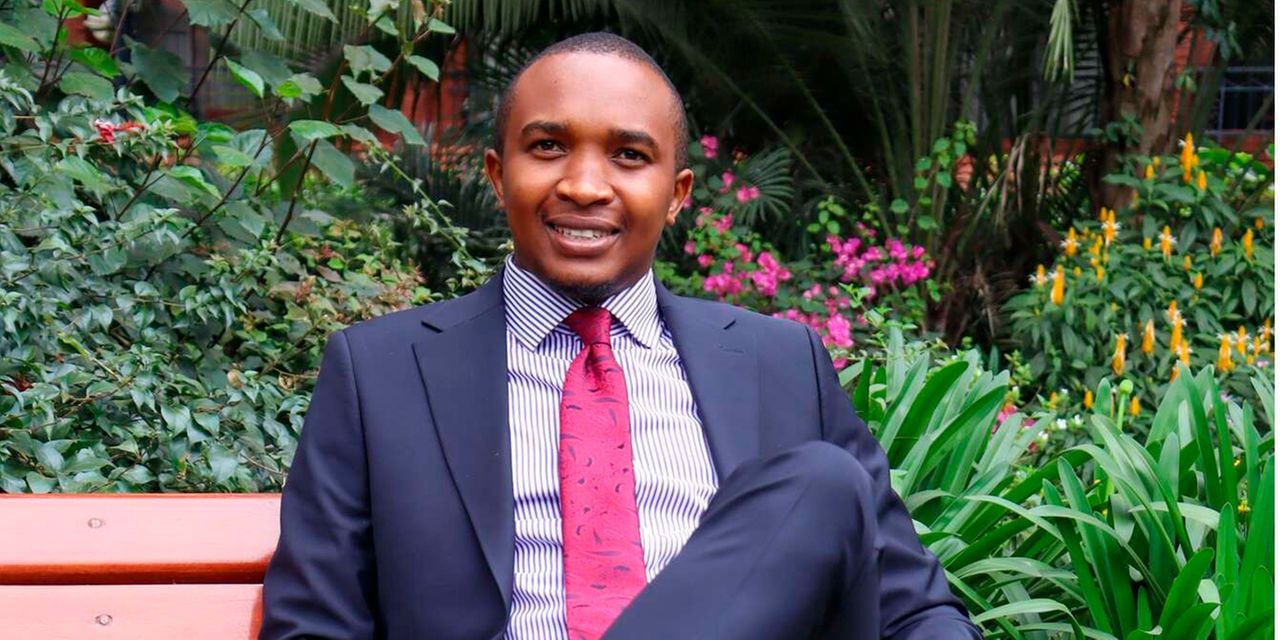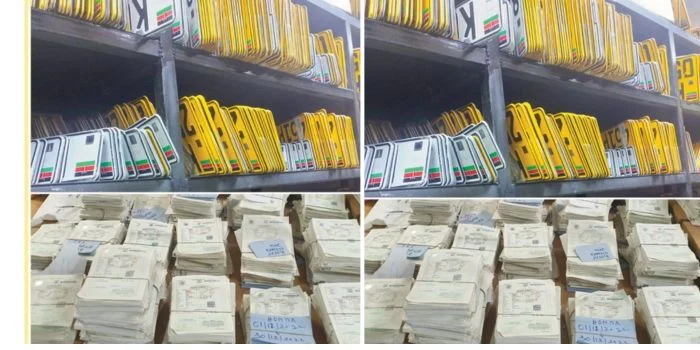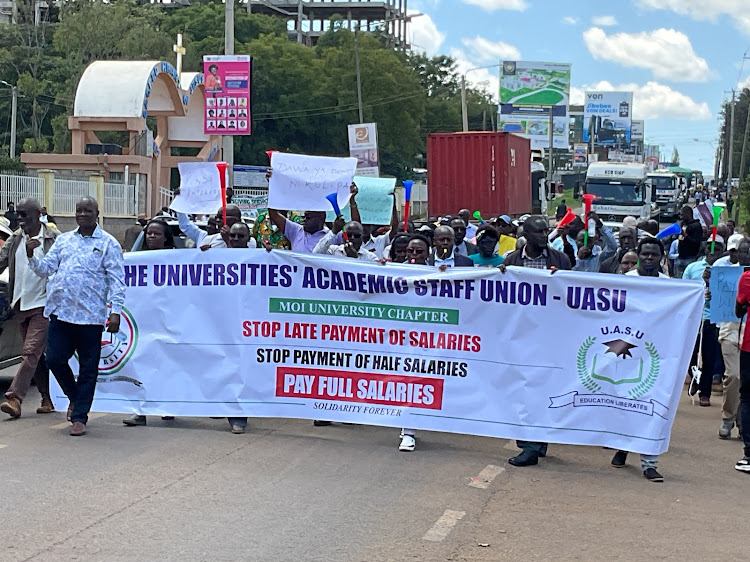Nairobi, November 24- Nairobi Governor Johnson Sakaja told the Senate Committee on Devolution that his administration inherited Sh118 billion in pending bills when he took office Sh16 billion of which came from the defunct Nairobi Metropolitan Services (NMS). He said the county has since reduced the amount to Sh86 billion.
Sakaja noted that the county boosted revenue and improved service delivery by digitising its collection system and replacing multiple permits with a single business permit. Nairobi’s own-source revenue has risen from Sh10.8 billion three years ago to Sh13.8 billion this year the highest since devolution.
He added that NMS left behind several stalled projects despite receiving Sh27 billion for development.
The Governor highlighted ongoing developments, including new markets, stadiums, and over 140 ward-level projects completed through the Ward Development Fund. These include ECDE centres, road works across all 85 wards, renovated social halls, and the construction of stadiums such as Woodley, Kihumbuini, and City Stadium.
On street lighting, Sakaja argued that Nairobians pay about Sh8 billion annually in electricity bills—including the Rural Electrification Levy—yet see little benefit. He said the county is pushing for a fair share of these collections to improve street lighting and security.
He also reported that Nairobi is implementing Sh2.1 billion worth of road projects in collaboration with the national government. However, he criticised the national funding model, saying counties handle 70% of Kenya’s road network but receive only Sh3 billion out of the Sh119 billion road budget. He urged senators to push for a more balanced allocation formula.
Sakaja appeared before the Senate as part of the ongoing review of Nairobi’s budget absorption and stalled projects for the 2022/2023 financial year.









